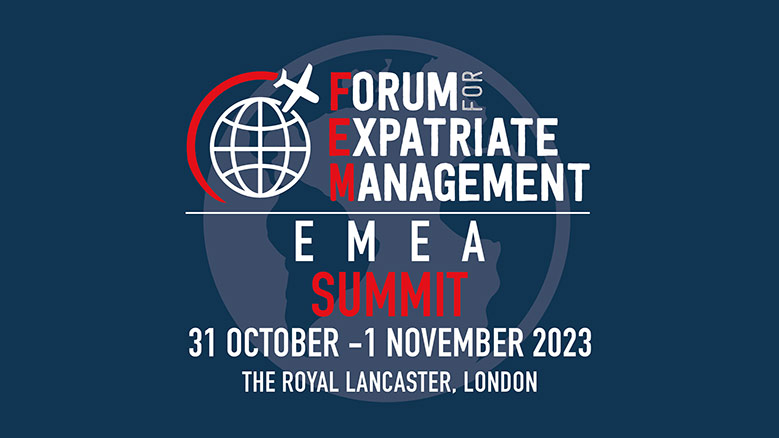The UK is the most expensive country in the world to send employees for the second year running, with expatriate annual pay and benefits packages costing businesses on average £352,000 last year.
This was up £33,900 or 11% from the previous year, according to latest data from global mobility specialist, ECA International.
Rising costs of staff benefits common for expatriates, such as accommodation, international schools or cars, made up more than half of the increase, while the average salary increased by only £3,290 per annum or 5% since 2021, to £63,300 for a middle management position. The figures do not take into account recent visa cost rises.
Switzerland ranks as the second most expensive country in Europe for expat pay and benefits packages, amounting to £213,000 (CHF 259,000) per year on average. Salaries in Switzerland are the highest in Europe and the second highest globally, at £77,800 per annum.
Immigration
UK needs more EU workers, says former cabinet minister
Net migration rises to new record
ECA’s annual pay survey for expatriates considers three main elements: benefit allowances, cash salary and tax treatment.
The rising cost of benefits – including rent – was a key factor in the UK being the most expensive country in the world for expatriate location, said Oliver Browne, remuneration and policy surveys manager at ECA International. He added: “Exchange rates changes have also helped widen the gap with second-placed Japan.
“Soaring rents drove a 15% increase in the overall cost of benefits, contributing to the cost of benefits for expatriates in the UK ranking highest globally for the second year running. Meanwhile, salary costs rose by 5% since 2021, bringing the UK’s salary ranking down three places from last year to land in 28th place worldwide.”
Browne compared the UK’s position with that of second place Switzerland: “Swiss salaries are consistently towards the higher end of the scale but so are everyday costs in most Swiss cities. Despite the higher prices, high salaries in the country mean locals are still well-off compared to their European counterparts. Because of low taxes and businesses needing to pay less for employee benefits, it is still comparatively cheaper to relocate workers to Switzerland compared with the UK.”
Despite 4% and 7% increases in salaries and benefits costs respectively, lower taxes mean the cost of sending a middle manager to Italy only increased by 1% to £147,000, the lowest percentage increase in Europe.
Browne said: “The income tax brackets in Italy changed for the 2022 tax year, resulting in a 17% decrease in the tax payable on a typical expatriate package. This offset the increases in salary and benefits costs, making it a cheaper location to send expatriates relative to other European nations.”
Meanwhile, the strength of the dollar has pushed the US up the rankings into the top 10 most expensive locations to relocate staff. Despite a slight fall in salaries of 0.4%, the total package cost has risen by 6% to £217,000 ($273,000).
Packages in the Middle East continued to be attractive for locating managers, the study reported. Although the salary for expat middle managers in Saudi Arabia was now £83,800 on average; the highest in the world and £20,500 higher than in the UK, the cost of benefits in the Middle East ranked lower, with very low taxation, so overall package costs are more affordable. “This is in contrast to the UK, where the bulk of the package cost is due to tax and benefits rather than salary.”
Globally, second place was held by Japan. Here, pay and benefits packages for expats saw a 5% increase in local currency terms. However, due to the weak Japanese yen, when converted to GBP for comparison purposes, the overall package is actually cheaper than last year, costing £295,000, and widening the gap between the top two most expensive locations in the world, said Browne.
Sign up to our weekly round-up of HR news and guidance
Receive the Personnel Today Direct e-newsletter every Wednesday
ECA’s figures cover typical ongoing benefits provided by employers rather than relocation-specific ones such as visa costs or shipping of personal goods. Browne added: “Inflation has had a significant effect on the benefits element of the package, particularly housing costs. When it comes to the salary element, inflation in the UK is just one factor driving the change. Many expatriate salaries are calculated with reference to the employee’s home country, so as well as inflation in the UK, inflation in employees’ home countries is another factor, as are exchange rates.”
Latest HR job opportunities on Personnel Today
Browse more human resources jobs

